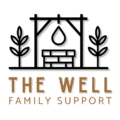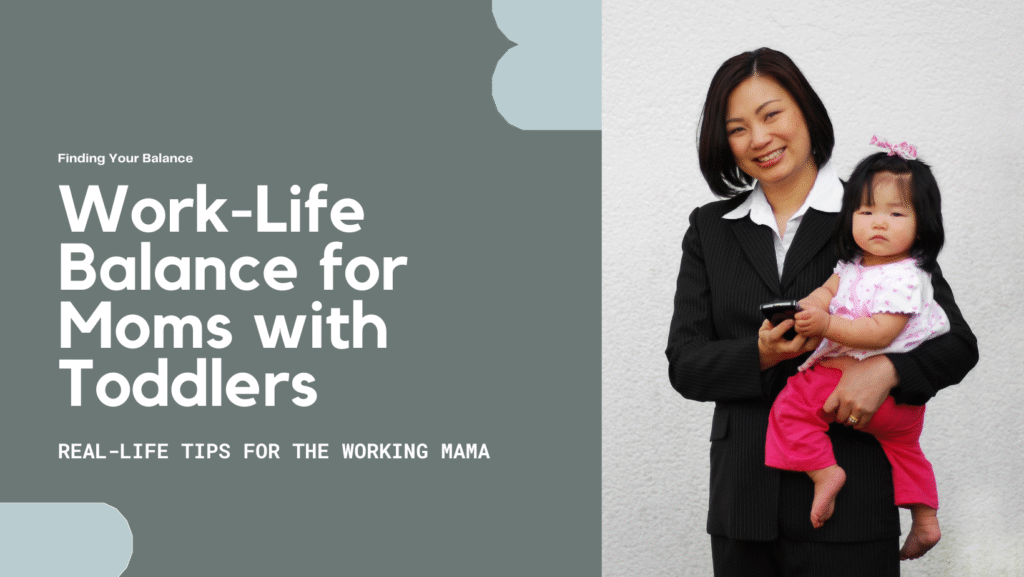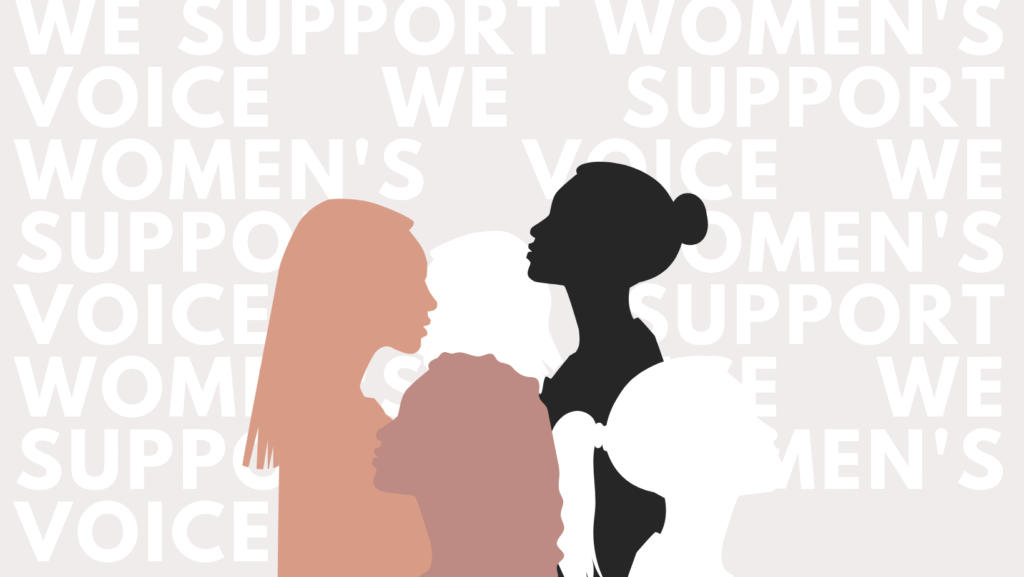What Is Codependency?
Codependency is a relational pattern in which a person prioritizes another’s needs over their own—often at the expense of their emotional, mental, and physical well-being (Cermak, 1986).
Originally identified in families affected by alcoholism, codependent behaviors can develop in any relationship marked by imbalance, enabling, or emotional suppression (Beattie, 1987).
While codependency often stems from love or loyalty, it can lead to exhaustion, resentment, and disconnection from one’s authentic self.
Signs and Symptoms of Codependency
Excessive People-Pleasing
Constantly seeking approval and fearing rejection (Black, 2007).
Poor Boundaries
Difficulty saying “no,” leading to overcommitment, guilt, and burnout (Cermak, 1986).
Caretaking and Rescue Behaviors
Feeling responsible for others’ feelings, choices, or outcomes—even when it causes harm (Beattie, 1987).
Low Self-Esteem
Deriving self-worth from being needed rather than from personal strengths or accomplishments (Black, 2007).
Emotional Reactivity
Feeling anxious, helpless, or overly responsible when others are upset—while ignoring one’s own emotional needs (Cermak, 1986).
Pathways to Recovery from Codependency
Healing from codependency involves self-awareness, boundary work, and emotional regulation. These changes take time, but freedom begins with insight.
Psychoeducation
Learning about codependency helps individuals recognize unhealthy patterns and normalize their experiences (National Alliance on Mental Illness, 2024).
Individual Therapy
- Cognitive Behavioral Therapy (CBT): Helps challenge beliefs such as “I’m only valuable if I help others” and develop assertiveness skills (Beattie, 1987).
- Schema Therapy: Addresses deep-rooted patterns of self-sacrifice and dependency (Young, Klosko, & Weishaar, 2003).
Family-Focused Interventions
- Family Systems Therapy: Improves communication, sets healthy boundaries, and redistributes roles within the family (Walsh, 2016).
- Psychoeducational Workshops: Teach families to recognize enabling patterns and support recovery (Black, 2007).
Support Groups
Organizations like Codependents Anonymous (CoDA) offer peer-led support and encouragement for individuals recovering from codependent behaviors (CoDA, n.d.).
Supporting Clients and Families
Education and Collaboration
Encourage open discussions about codependent behaviors using “I” statements such as:
“I feel overwhelmed when…”
This approach reduces blame and fosters understanding.
Boundary Setting
Help clients identify personal limits and create clear agreements around helping behaviors, self-care time, and communication expectations.
Self-Care Planning
Encourage routines that include rest, hobbies, and relationships outside of caregiving roles.
Ongoing Check-Ins
Regularly review progress in therapy or support groups. Celebrate small steps toward autonomy and self-compassion.
Resources for Support
Codependents Anonymous (CoDA)
Peer-led recovery groups: https://coda.org
National Alliance on Mental Illness (NAMI)
Educational materials and local support: https://www.nami.org/About-Mental-Illness/Common-with-Mental-Illness/Related-Conditions/Codependency
Al-Anon Family Groups
Support for loved ones affected by substance use: https://al-anon.org
Mississippi Department of Mental Health
Directory of state mental health and addiction services: https://www.dmh.ms.gov
The Well: Family Support
Individual, family, and group therapy for relational patterns, boundaries, and emotional healing: https://thewellms.org
Final Thoughts
Recovering from codependency is not about giving less love—it’s about loving more healthily, with balance, honesty, and self-respect.
At The Well: Family Support, we help individuals and families untangle patterns of codependency, rebuild self-worth, and create relationships rooted in authenticity rather than obligation.
You are not selfish for taking care of yourself. You’re learning to care well.
References
Beattie, M. (1987). Codependent no more: How to stop controlling others and start caring for yourself. Hazelden.
Black, D. W. (2007). Codependency: A review of the literature. American Journal of Psychiatry, 164(8), 1333–1339. https://doi.org/10.1176/ajp.2007.164.8.1333
Cermak, T. L. (1986). Diagnosing and treating codependence. Johnson Institute.
Codependents Anonymous. (n.d.). About CoDA. https://coda.org
Mississippi Department of Mental Health. (n.d.). Find services. https://www.dmh.ms.gov
National Alliance on Mental Illness. (2024). Codependency. https://www.nami.org/About-Mental-Illness/Common-with-Mental-Illness/Related-Conditions/Codependency
Walsh, F. (2016). Strengthening family resilience (3rd ed.). Guilford Press.
Young, J. E., Klosko, J. S., & Weishaar, M. E. (2003). Schema therapy: A practitioner’s guide. Guilford Press.




